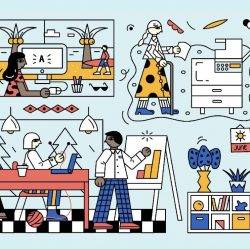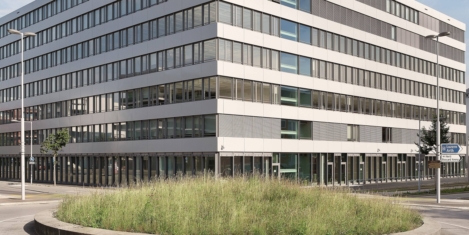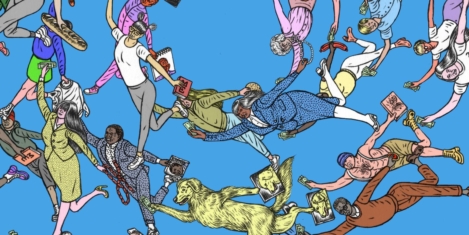To provide the best experiences, we use technologies like cookies to store and/or access device information. Consenting to these technologies will allow us to process data such as browsing behaviour or unique IDs on this site. Not consenting or withdrawing consent, may adversely affect certain features and functions.
The technical storage or access is strictly necessary for the legitimate purpose of enabling the use of a specific service explicitly requested by the subscriber or user, or for the sole purpose of carrying out the transmission of a communication over an electronic communications network.
The technical storage or access is necessary for the legitimate purpose of storing preferences that are not requested by the subscriber or user.
The technical storage or access that is used exclusively for statistical purposes.
The technical storage or access that is used exclusively for anonymous statistical purposes. Without a subpoena, voluntary compliance on the part of your Internet Service Provider, or additional records from a third party, information stored or retrieved for this purpose alone cannot usually be used to identify you.
The technical storage or access is required to create user profiles to send advertising, or to track the user on a website or across several websites for similar marketing purposes.
 Britain’s interior minister Sajid Javid is set to publish plans today for a post Brexit immigration system that would bring net migration to the UK down to “sustainable levels” in a phased approach starting in 2021. The UK Government will announce details of the new system to mark the end of free movement from other European Union countries in an immigration white paper. The plans will include a new visa route for skilled workers and no cap for high-skilled professions.
Britain’s interior minister Sajid Javid is set to publish plans today for a post Brexit immigration system that would bring net migration to the UK down to “sustainable levels” in a phased approach starting in 2021. The UK Government will announce details of the new system to mark the end of free movement from other European Union countries in an immigration white paper. The plans will include a new visa route for skilled workers and no cap for high-skilled professions.




































December 7, 2018
Seven reasons why this will not be the office of the future
by Mark Eltringham • Comment, Facilities management, Furniture, Workplace design
(more…)